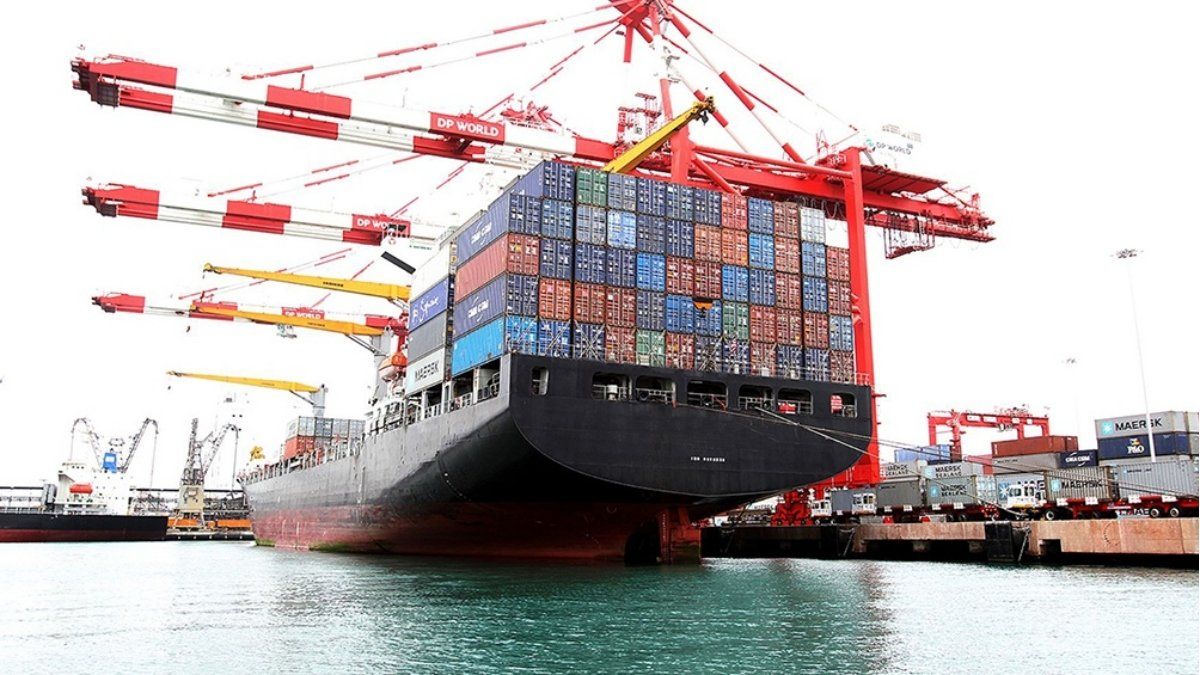In this regard, one of the factors that will have a negative impact is the droughtwhich would cause a lower income of dollars from the field. As opposed, an agreement with Brazil that facilitates bilateral trade and decompresses exchange stresscan help to compensate and maintain the good level of the sector industrial.
For example, when analyzing what may happen this year, from the LCG consultancy they pointed out: “We hope that the activity will suffer from the current drought that affects the 2022/23 campaign, for which a loss of around u$s10,000 million, according to the Grain Exchange of Buenos Aires. Consequently, with a lower supply of foreign currency, we expect the import control schemes to be pronounced, which will have its correlate in the availability of inputs for the normal operation of the industry”.
For its part, from Ecolatina they projected for this year “a more limited growth than in 2022”. “We understand that if there were no shocks (exogenous or endogenous) a recession could be avoided, but not the trend towards moderating growth,” they stressed.
When listing some of the factors that will affect a “lean expansion” of the economy”, from Ecolatina they detailed: “The fall in agricultural production, which will impact, on the one hand, the level of economic activity due to less activity in the sector and its associated activities, but in turn will limit the supply of foreign currency throughout the year. Faced with a demanding goal of accumulation of international reserves and the aforementioned drought, the management scheme for the shortage of foreign currency will continue, highlighting the continuity (and eventually strengthening) of the restrictions on imports, which would impose a limit on the expansion of the domestic market (and certain exports) via complications in the supply of finished goods, capital goods and inputs. This would affect not only the levels of consumption, but also of investment”.
When analyzing the impact that the drought could have on the level of activity, Aldo Abram, director of the Libertad y Progreso Foundation, said Ambit: “Last year, the drop in the level of activity in the agricultural sector due to the drought was offset by the strong increase in international prices.. In addition, since there was some expectation that international prices would drop later, a good part of the grains that were in stock were sold and this helped so that, despite the fact that the agricultural sector fell, the economy as a whole grew because we had more to ‘to spend'”.
“This year, although we have the availability of funds provided by the activation of the swap with China, of US$5.2 billion, The reality is that it is highly unlikely that international prices will work in our favour. So, in this sense, the impact of the drought on the economy as a whole, given that not only will it be possible to produce less, but also that it will charge less, it will be much harder”, highlighted Abram.
For his part, Hernán Letcher, director of CEPA, maintained that “The drought is going to hit negatively on the agricultural sector and that has an effect on the whole of the activity, directly”. In addition, he explained that it can have effects on the rest of the economy: “Historically, growth is related to the amount of dollars you have available in an economy like Argentina. So I think it can have an effect. It will depend on how precise you are in managing the dollars.”
Agreement with Brazil, can it mitigate the impact?
In this scenario, the different bilateral agreements announced with Brazil, Argentina’s main trading partner, among which are the “common currency” could somehow mitigate the lack of foreign currency during this year.
“The bilateral trade agreements with Brazil are in the sense of trying to appease the possible adverse effects that the lack of sufficient currency availability for industrial development may have”said Letcher in this regard.
Meanwhile, Daniel Rosato, president of Industriales Pymes Argentinos (IPA), highlighted Ambit: “We believe that the agreement with Brazil is important, especially the one linked to the common currency, which will allow you to open the game. Many purchases will be from Brazil, which is an important manufacturer of capital goods, and without depending on the dollar. There is also the possibility that many Brazilian banks operate with Argentine banks, with guarantees that Argentine banks can give to Brazilian banks. If this possibility occurs, it will be good for the economy and the industrial sector”.
“I believe that the strategy of the agreement with Brazil will have solutions for Argentina in many aspects. Because when you deflate the pressure of the dollar, you also lower inflation. Today things increase because there is no availability. This opens up a possibility of hope that this strategic union with Brazil will generate calm, deflate pressures with the dollar issue”, concluded Rosato.
Source: Ambito
David William is a talented author who has made a name for himself in the world of writing. He is a professional author who writes on a wide range of topics, from general interest to opinion news. David is currently working as a writer at 24 hours worlds where he brings his unique perspective and in-depth research to his articles, making them both informative and engaging.




